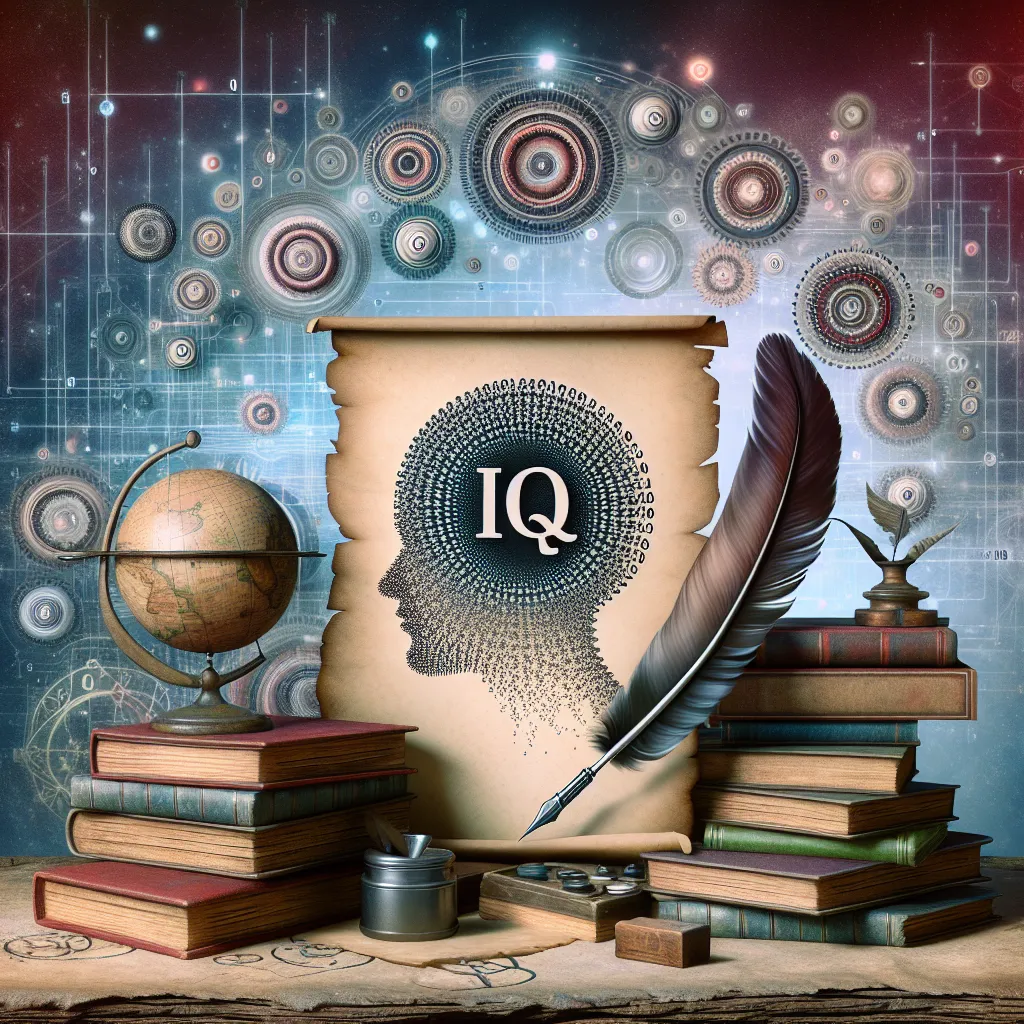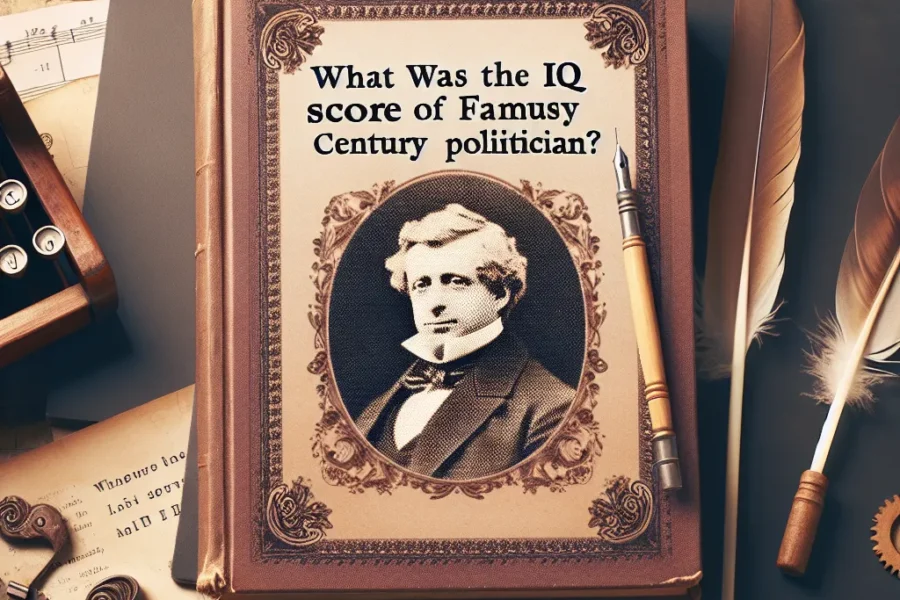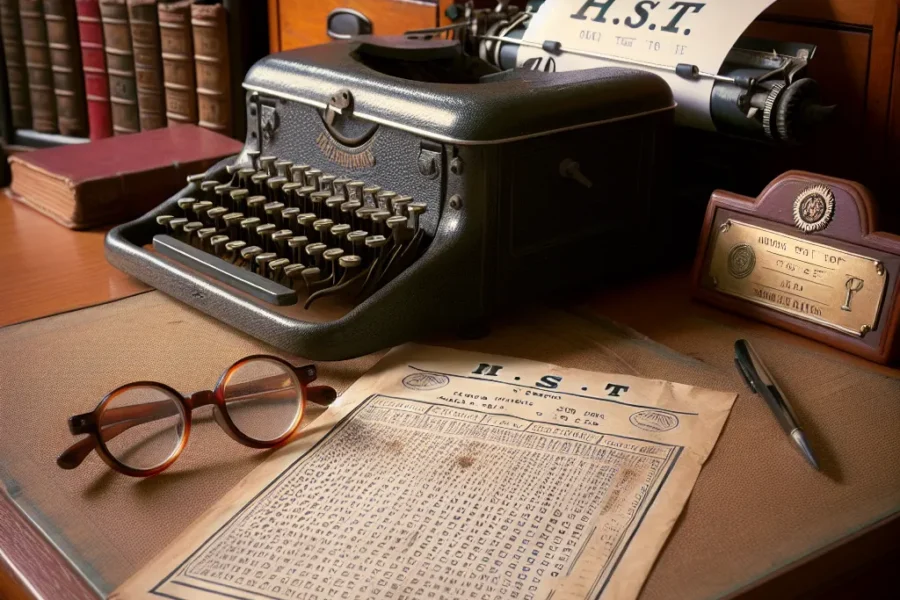Franklin Delano Roosevelt, the 32nd President of the United States, is often remembered for his monumental leadership during the Great Depression and World War II. While his political acumen, charismatic oratory, and ambitious policy innovations are widely studied and appreciated, there remains a lingering curiosity about his intellectual capacity quantified through an IQ score. Historical figures like Roosevelt are frequently subjected to posthumous IQ estimations, but how accurate are these approximations, and do they offer any real insight into his intellectual capabilities? This comprehensive examination delves into Franklin D. Roosevelt’s intellect, focusing on the challenges and implications of retroactively estimating his IQ score.
If you are looking for legitimate IQ Tests which pass the entry bar for Mensa, see our IQ Tests.
**Franklin D. Roosevelt’s Early Education and Intellectual Development**
Born into the Roosevelt family, a prominent and wealthy household, Franklin D. Roosevelt had access to an exceptional education from an early age. He was tutored at home until he was 14 years old, after which he attended the Groton School, an elite preparatory school in Massachusetts. At Groton, Roosevelt was an average student academically but demonstrated exceptional leadership potential. He went on to Harvard University, where he earned a degree in history. Roosevelt’s education continued at Columbia Law School, although he did not complete his degree, opting instead to enter public service.
During his time at Harvard, Roosevelt exhibited a broad range of interests, becoming the editor of the college newspaper, “The Crimson.” His intellectual curiosity was evident, although his academic performance did not necessarily reflect what one might expect of a future four-term president. It is crucial to note that traditional educational success does not always correlate directly with IQ, as intelligence is a multifaceted construct encompassing more than just academic achievement.
**The Methodology of Estimating Historical Figures’ IQ**
IQ scores are a standardized representation of an individual’s intellectual capabilities relative to their peers. Measuring a living person’s IQ typically involves a range of psychometric tests designed to gauge various cognitive skills, including memory, reasoning, problem-solving, and linguistic aptitude. However, estimating the IQ of a historical figure requires an entirely different approach. Analysts must rely on historical records, personal writings, achievements, and anecdotal accounts to arrive at an educated guess.
For Franklin D. Roosevelt, historians and psychologists may consider his written correspondence, speeches, legislative successes, and general problem-solving abilities throughout his political career. These estimates, however, remain speculative due to the retroactive nature of the analysis, the lack of standardized testing, and the contextual differences over time.
**Roosevelt’s Cognitive Abilities and Leadership Qualities**
Roosevelt’s tenure in the White House was marked by significant domestic and international challenges requiring unparalleled strategic thinking and problem-solving skills. His New Deal policies, designed to regenerate the American economy during the Great Depression, showcased his innovative thinking and ability to mobilize diverse resources and people toward a common goal. The boldness and complexity of these initiatives suggest a high level of cognitive functioning, including analytical thinking and creativity.
Furthermore, his leadership during World War II demonstrated not just intellectual acumen but also profound emotional intelligence. Roosevelt’s “Fireside Chats” are a prime example of his ability to connect with the American public, providing reassurance and fostering a collective spirit during turbulent times. His capacity to communicate complex ideas in an accessible manner and to inspire confidence in an anxious nation is indicative of a highly adept mind at work.
**IQ Scores of Other Presidents for Context**
To give Roosevelt’s hypothetical IQ score some context, historical IQ assessments of other U.S. presidents might be useful. For instance, estimates for Thomas Jefferson and John Adams often place their IQs in the range of 140-160, reflecting well-documented intellectual prowess. Modern presidents like John F. Kennedy and Bill Clinton are commonly believed to have IQs hovering around 135-150, based on psychometric evaluations and achievements.
Given Franklin D. Roosevelt’s achievements, some historians and psychologists estimate his IQ to be in a similar range, often between 130 and 150. These figures, while intriguing, should be considered within the broader context of his life’s work rather than as definitive measures of his intellectual capability.
**The Limitations of IQ as a Measure of Intelligence**
Though IQ scores can provide some insights into an individual’s intellectual abilities, they are not exhaustive measures of intelligence. Intelligence is a complex trait, encompassing emotional intelligence, social insight, creativity, practical wisdom, and more. Roosevelt’s leadership qualities, empathy, political shrewdness, and resilience in the face of adversity also define his legacy as much as, if not more than, any numerical representation of his cognitive abilities.
**Conclusion: Beyond the Numerical IQ**
Ultimately, while it is an interesting intellectual exercise to hypothesize about Franklin D. Roosevelt’s IQ score, it should not overshadow his larger contributions to society. His adept handling of unprecedented national crises, his ability to inspire and mobilize a nation, and his enduring influence on American political thought cannot be merely quantified. The fascination with IQ scores, while understandable, should not detract from a holistic appreciation of his versatile intelligence and multifaceted legacy.
In sum, while estimates of Franklin D. Roosevelt’s IQ may place him among the more intellectually gifted individuals of his era, it is his expansive vision, strategic foresight, and empathetic leadership that undeniably affirm his place in the annals of history.



Leave a Comment